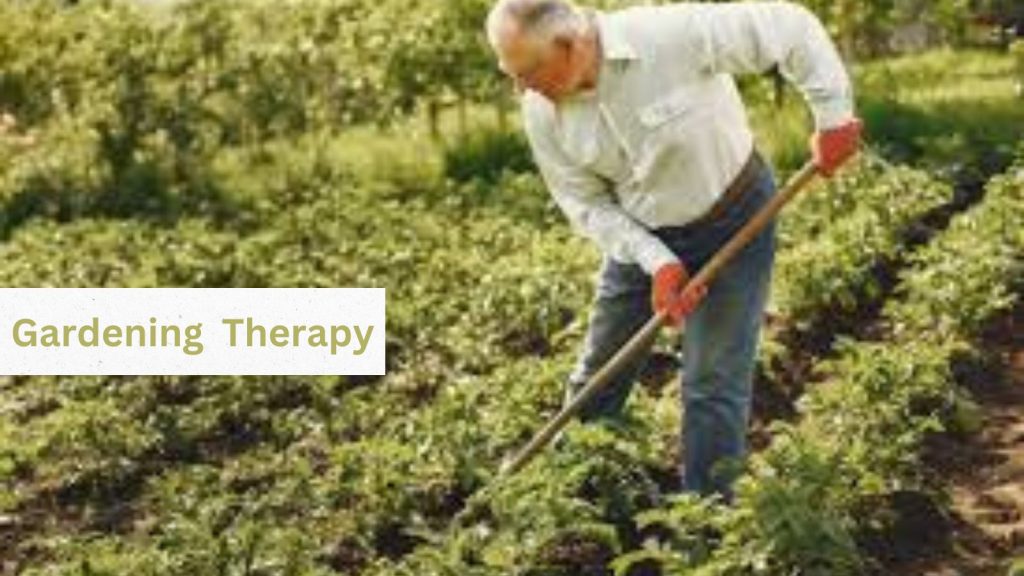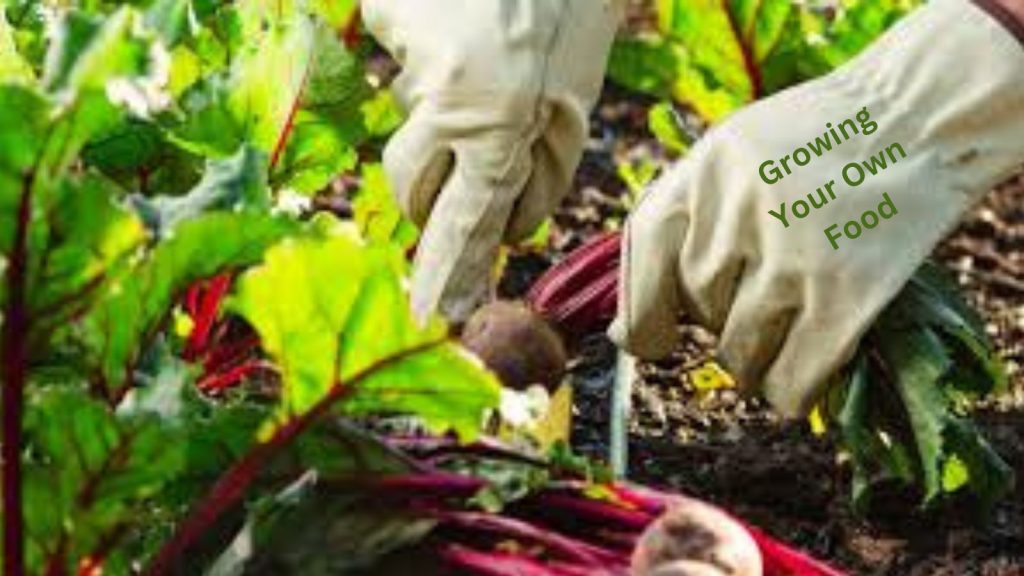Gardening is right for an outstanding many things. It can be true to your fitness, desirable on your soil, and top for the flora and fauna of your outdoors. It’s a high-quality way to alleviate strain, to set goals for yourself, and to nurture something. On top of all that, growing your produce is a wonderful manner to become more sustainable at domestic and to reduce your environmental effect.
The Spiritual and Mental Health Benefits of Gardening
Gardening offers a profound way to connect with the natural world, fostering a sense of peace and well-being that benefits both mental and physical health. The Royal Horticultural Society (RHS) strongly advocates for the health benefits of gardening, noting its significant impact on both mental and physical well-being. According to the RHS, “Gardening forms a really important part of health and happiness.”
Connecting with Nature
The act of gardening deepens our connection with the earth, providing a unique blend of physical activity, mindfulness, and exposure to fresh air and sunlight. This connection is a source of joy and stress relief, reducing symptoms of depression and anxiety.
Gardening as a Form of Therapy

Often referred to as “green therapy,” gardening provides numerous therapeutic benefits. It improves mood, enhances physical health, and offers a sense of accomplishment. Digging in the soil, for example, is not only a way to engage in moderate physical exercise but also serves as a moment of mindfulness, grounding us in the present moment.
Health and Well-Being through Gardening
The RHS believes in the power of gardens to improve health and well-being significantly. Gardening activities, such as digging and planting, can serve as a form of physical exercise that is both enjoyable and effective. Our director, Catherine, exemplifies this by using a soft kneelo pad from Burgon & Ball to protect her knees while engaging in gardening tasks. This illustrates how gardening not only keeps you fit but also encourages a healthy lifestyle.
Growing Your Food

One of the most rewarding aspects of gardening is the ability to grow your fruits and vegetables. This not only promotes healthy eating by allowing you to know exactly where your food comes from but also contributes to environmental sustainability. Growing your produce is an effective way to ensure you’re getting your “5 a day,” and it’s a deeply satisfying experience to eat vegetables that you’ve nurtured from seed to harvest. Moreover, by reducing reliance on supermarket produce, you’re making a positive impact on the environment.
Incorporating gardening into your life offers a holistic approach to health and well-being, aligning physical activity, mental health, and environmental stewardship. Whether you’re an experienced gardener or just beginning, the benefits of gardening are profound and far-reaching, enhancing life on Earth in numerous ways.
Unique FAQ’s
What are the best plants to start with for a beginner gardener?
For beginners, it’s best to start with plants that are hardy and require minimal maintenance. Some great options include marigolds, sunflowers, and zinnias for flowers; basil, chives, and mint for herbs; and tomatoes, lettuce, and radishes for vegetables. These plants offer a mix of beauty, utility, and ease of care, making them perfect for those new to gardening.
How often should I water my garden?
The frequency of watering depends on several factors including the type of plants, the climate, and the season. A general rule is to water your garden when the top inch of soil feels dry to the touch. Most gardens benefit from deep watering 1-3 times a week rather than a shallow daily sprinkle. Adjust your watering schedule based on rainfall and temperature changes.
What is the importance of soil testing?
Soil testing is crucial because it provides information about the nutrient composition and pH level of your soil. This knowledge enables you to make informed decisions about soil amendments that may be needed to optimize plant health and growth. It helps prevent over-fertilization and ensures that plants get the necessary nutrients for their development.
Can I garden if I only have a small space or balcony?
Absolutely! Small spaces and balconies can be utilized effectively for gardening by using containers, hanging baskets, and vertical gardening techniques. Herbs, succulents, and many vegetables thrive in container gardens. It’s all about choosing the right plants for your space’s specific conditions, such as sunlight and wind exposure.
What are some effective natural pest control methods?
Effective natural pest control methods include introducing beneficial insects like ladybugs and lacewings that prey on harmful pests, using neem oil or soap sprays to deter insects without harming plants, and employing physical barriers such as row covers or netting. Companion planting, where certain plants are grown together to naturally repel pests, is also an effective strategy.
How can I make my garden more attractive to wildlife?
To make your garden more attractive to wildlife, plant native species that provide food and shelter for birds, bees, butterflies, and other local wildlife. Include a variety of plants that bloom at different times of the year to offer a consistent source of nectar and pollen. Installing bird feeders, bird baths, and bee hotels can also enhance your garden’s appeal to wildlife. Providing natural habitats, such as piles of leaves or logs, can offer shelter and nesting sites for various creatures.
In conclusion,
gardening offers more than just the physical bounty of the earth; it provides a pathway to learning, growth, and well-being. It’s a testament to the power of nurturing and patience, where the rewards extend far beyond the garden itself, enriching our lives and teaching us timeless lessons. Whether you’re a seasoned gardener or someone just starting to explore the wonders of working with the earth, the journey of gardening promises a blend of challenge, discovery, and satisfaction. As we cultivate our gardens, we also cultivate our spirits, learning to thrive no matter what life—or nature—throws our way.
